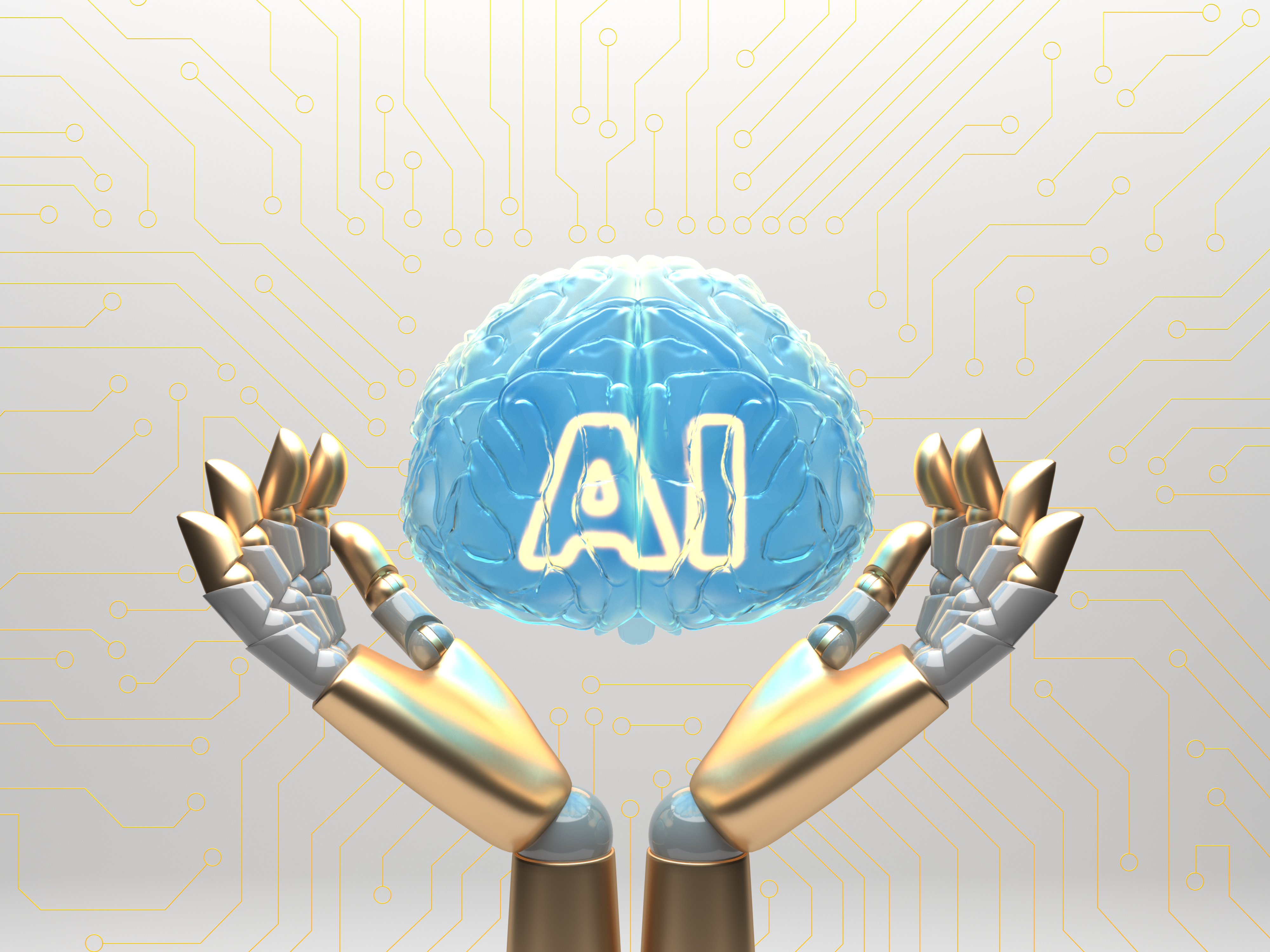As artificial intelligence continues to grow in leaps and bounds, education systems worldwide are increasingly confronted with the question of how, or even if, tools like ChatGPT should be integrated into classrooms. In Rwanda, where technology is being embraced across sectors, students have mixed feelings about this AI-powered assistant’s role in their studies. But to what extent should AI be allowed—or even encouraged—in Rwandan schools?
Since the launch of ChatGPT, a popular AI chatbot developed by OpenAI, it has become a go-to resource for everything from essay help to coding assistance. According to a 2024 study by EdTech Trends Africa, the number of students using AI tools in their studies across African countries, including Rwanda, has grown by 35% in just the past year. This rapid adoption raises questions about the potential benefits and pitfalls of allowing AI into the classroom.
We asked several students from different universities across Rwanda to share their views on whether ChatGPT or a similar AI tool should be allowed or even encouraged in school settings. The responses varied from enthusiastic support to cautious skepticism.
Samuel Twizeyimana, a student in university, believes ChatGPT can be a game-changer for students.
“It’s like having a tutor that’s always available. If I don’t understand something, I can just ask ChatGPT to explain it. It’s a faster way to get help than failing a class.”
This sentiment is echoed by Isabelle Umutoni, a university student studying Economics at the University of Rwanda, “When I’m writing papers, ChatGPT helps me brainstorm ideas and even provides sources to check. It’s like a study partner who doesn’t get tired.”
These perspectives underscore the potential of ChatGPT to enhance learning, particularly in under-resourced schools where teacher-to-student ratios are high.
However, not all students see the AI tool in a positive light. Marie Claire, another student at the Univeristy of Rwanda, is concerned about the impact on academic integrity, “Some of my classmates just copy and paste whatever ChatGPT gives them without understanding it. They’re not learning; they’re cheating.”
Marie Claire’s concerns highlight the potential risks associated with over-reliance on AI. While ChatGPT can provide valuable assistance, there’s a risk that students might use it to shortcut learning rather than as a supplement to their own efforts. This concern is not unfounded. A 2023 survey by Tech4Ed Africa found that 40% of students admitted to using AI to complete assignments without fully understanding the content.
Rose Umukunzi, a final-year Business student, suggests a balance, “I think ChatGPT should be used for research, but not for writing entire essays. It’s helpful, but it can’t replace critical thinking or the learning process. Schools should teach students how to use it responsibly.”
Umukunzi’s suggestion reflects a growing consensus among educators and policymakers. The Ministry of Education in Rwanda has expressed interest in integrating AI tools into the curriculum but stresses the importance of ensuring they are used ethically.
Moving forward, it seems inevitable that AI tools like ChatGPT will become an increasingly prominent feature of the educational landscape in Rwanda. The key will be to find ways to regulate its use without stifling the potential benefits.
Some have called for the Ministry of Education to introduce guidelines on how AI can be used in schools. In a 2024 policy proposal, the Rwanda Education Board suggested creating AI literacy programs that teach students how to use ChatGPT for research and study without relying on it for basic tasks like homework or exam preparation.


